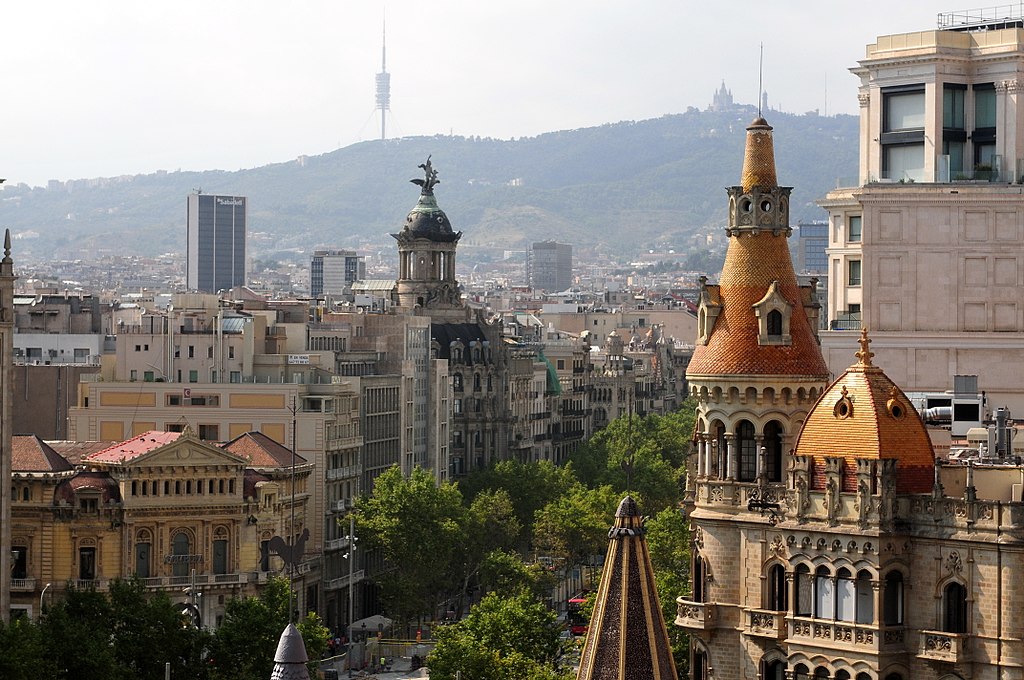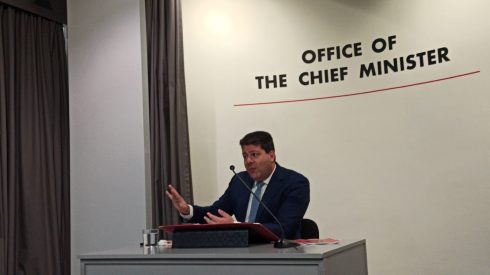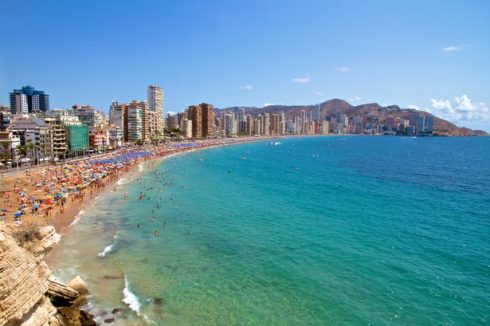THOUSANDS of apartments in cities across Spain could soon be returned to the traditional rental market following the collapse of tourism due to the coronavirus lockdown.
Barcelona’s deputy mayor, Janet Sanz, said ‘a third or even half’ of the city’s 9,600 tourist pisos are expected to become ‘normal apartments’ over the next three years.
She said apartment owners will want to recoup their losses as lockdown restriction of movement has effectively ‘written off’ Spain’s 2020 tourism season, report the Guardian.
“What the owners of tourist apartments want now is stability, and they can get that from conventional lettings,” Sanz believes. “Of course they’ll make less than they would renting to tourists.”
An internal Barcelona city council report predicted that many small- and medium-sized tourist-oriented businesses will not survive. It referred to an ‘irrecoverable loss of jobs’ and the prospect of ‘streets with no life or commerce, especially in the areas most oriented to tourism’.
Sanz nevertheless said the loss of mass tourism presented ‘hope’ for the city that has long been at war with Airbnb. While there are 9,600 licensed holiday apartments in the city, there are at least as many unlicensed and contributing to an explosion of tourism since Airbnb began in 2009.
The platform has been blamed for driving up rents and pushing residents away from centralised areas.
“We have an opportunity to rethink the city,” says Sanz.
“For years we’ve been saying we want to recover the Rambla and the beaches for residents. Business needs to adapt. It needs to offer what people who live here want, which isn’t souvenirs and sangria. A monoculture aimed at tourists isn’t going to work long-term.”
It comes as a report for the holiday rental analysts Transparent shows a drop of 98% in reservations in Spain since the lockdown began on 14 March.
Paris city hall echoes Barcelona’s call, with deputy mayor Ian Brossat saying Airbnb listings had ‘collapsed’ and hosts had registered just 40 stays in April – compared with 1,210 last year.
“We intend to take the opportunity to regain control,” he said, adding the platform deprives the city’s residents of about 30,000 homes, including up to 25% of apartments in the four central arrondissements.
Short lets in Spain, however, are only currently legal for people moving temporarily to a city for work.
As no one is allowed to move anywhere at present, short term rentals for locals are likely to be illegal and Sanz, Barcelona’s deputy mayor, says efforts will be made to prosecute.
A spokesperson for Airbnb said: “Today there are more listings on Airbnb than a year ago and our platform will continue to be an economic lifeline for hosts in future. We are already seeing encouraging signs of domestic travel growth in some markets and the number of longer-term stays on Airbnb has nearly doubled. We will continue to work with cities to ensure that everyone benefits from travel on Airbnb, based on our experience of collaborating with more than 500 governments and organisations across the world.”
The company has however laid off 1,900 staff, about 25% of its total. In Barcelona it has rescinded a call centre’s contract, with the loss of 800 jobs.










